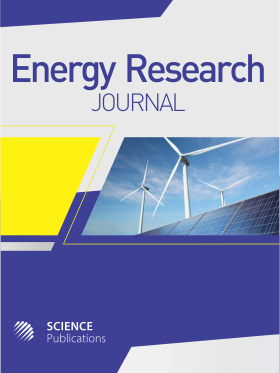Experimental Efficiency Investigation on Heat Recovery System Used in a Solar-Powered Desalination Process
- 1 Higher Institute of Industrial Systems of Gabes, Tunisia
- 2 German Aerospace Center (DLR) Plataforma Solar de Almería, Spain
- 3 Research and Technologies Center of Energy, Tunisia
Abstract
The aim of this work is to experimentally study, the effect of the heat recovery on water production in a solar desalination process that is working with multiple stage humidification technique. The water production, the temperature and the humidity were tested for such a pilot plant, which operates without and with a heat recovery system. The humidifier efficiency increases with the number of the operating heat exchangers and cannot normally exceed 45% when the system operates without heat exchangers. The air temperature in the heat exchangers decreases by 41.1, 39.2 and 36°C respectively when the system operates with three heat exchangers, tow heat exchangers in the and only one heat exchanger. The number of the heat exchanger use for heat recovery system in such desalination pilot plant has a significant influence on the water productivity. In short, results show that such a pilot plant working without the use of a heat recovery system (heat exchangers) is unable to deliver the desirable minimal amount distilled water at the exit of the condenser. Furthermore, the optimum number of heat exchangers that should be used to upgrade the overall efficiency of the desalination plant is two.
DOI: https://doi.org/10.3844/erjsp.2012.27.36

- 5,707 Views
- 3,751 Downloads
- 2 Citations
Download
Keywords
- Solar Desalination
- Humidification Technique
- Heat Recovery System
- Distilled Water
